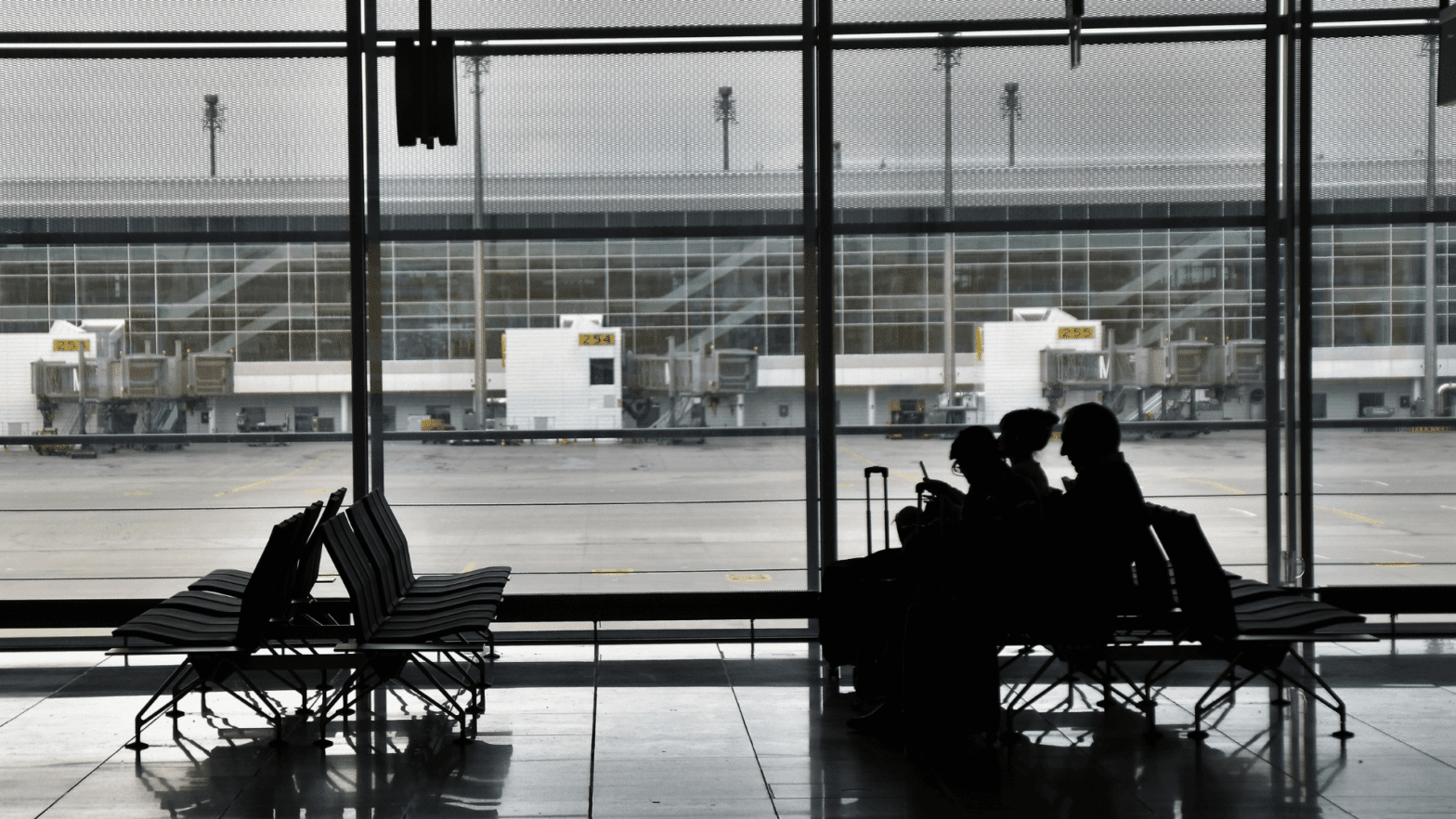Aviation and MDMS: the passengers’ perspective
"Passengers need a neutral, comprehensive and reliable overview of available travel options to make an informed choice. Buying multimodal tickets should be easy, affordable and offer protection in case something goes wrong. MDMS alone will not solve everything, but it is definitely a piece of the puzzle – both for short and long-distance travel" writes Delphine Grandsart, Senior Reseacher at the European Passengers’ Federation, in this new opinion piece, where she reflects on the discussions of the 11th Florence Intermodal Forum.

This article by Delphine Grandsart, Senior Reseacher at the European Passengers’ Federation, originally appeared in the European Transport Regulation Observer “Aviation and Multimodal Digital Mobility Services in the EU” (July, 2023).
Today, planning, booking and executing multimodal journeys – especially long-distance, international ones – is risky, difficult and time-consuming. Even though a multimodal offer might be the best option, passengers may not consider it due to a lack of awareness and the absence of a one-stop-shop, covering all modes (including first and last mile). Here’s why Multimodal Digital Mobility Services (MDMS) have an important role to play, making it easier for passengers to plan, book and pay for their multimodal trip, allowing them to make an informed choice in an integrated transport system, using each mode to do that for which it is the most efficient in achieving an affordable, reliable, sustainable end-to-end journey.
The topic of conditions for access to data (all transport modes) and license agreements for (re)selling mobility services – as crucial enablers for integrated multimodal information and ticketing systems – has been discussed at length in the Multimodal Passenger Mobility Forum (MPMF) [1] , which was established in December 2021 as a stakeholder platform to assist the European Commission in the preparation of policy initiatives in the field of sustainable multimodal mobility for passengers [2]. Despite diverging interests of participants, there was an overall consensus on the need to share more data and for the cooperation between operators and MDMS to take place in the framework of negotiated distribution agreements under FRAND (fair, reasonable and non-discriminatory) terms.
In EPF’s view, data sharing and readiness to conclude distribution agreements between operators and MDMS should be the default option, i.e. the norm. Whereas the same principles should apply to all modes, the concrete application of what exactly constitutes ‘FRAND’ will vary according to the use case. Therefore, besides featuring FRAND as a core standard in the upcoming MDMS Regulation, further guidelines or implementing acts per sector (a PSO public transport service versus a commercial service, for example), including specific requirements targeting common unfair practices, should be developed, defining what practices (do not) qualify as FRAND.
Another important issue to consider is how the available transport options are presented to passengers. Here, it is useful to recall the principles underlying the CRS Code of Conduct (Regulation 80/2009, originally introduced to ensure that airlines would not promote their own services over those of competitors by mandating a ‘neutral display’ for computerised reservation systems), which was announced to be merged with the new regulatory initiative on MDMS. There was a broad agreement within the MPMF on the continued need to avoid self-preferencing, which is relevant for all modes (e.g., platforms operated by large railway undertakings) and MDMS.
In EPF’s view, the principles of the CRS Code of Conduct that relate to consumers – transparency, fair competition, neutral display – should apply to all distribution channels, allowing passengers to compare and choose not only between the offers of different air carriers but also between different (combinations of) transport modes. This means that the results of any travel query through any kind of MDMS, should be presented in a neutral, unbiased way, avoiding self-preferencing and allowing a like-for-like comparison. Since the ranking of travel options has a big impact on consumer choice, in EPF’s view, it is preferable that any ranking be done, as is the case now according to the CRS CoC, based on objective criteria and/or criteria that the passenger can choose. It would be good to include other criteria as well besides price and travel time, for example, accessibility or environmental impact.
Integrated multimodal information and ticketing are necessary as a first step. On top of that, an adequate level of protection for passengers when using combinations of different transport modes is needed to make multimodal travel a convenient, reliable and safe choice. The roles and responsibilities of intermediaries (MDMS) need to be clarified: Who is responsible for providing (real-time) information, addressing complaints, handling compensation requests, re-routing passengers, and providing assistance in case of disruptions? Such questions are relevant not only to air but also to multimodal trips. Whereas they fall out of the scope of the MDMS initiative as such, the EC is considering them in the context of another complementary effort to achieve “Better protection for passengers and their rights”.
To conclude, passengers need a neutral, comprehensive and reliable overview of available travel options to make an informed choice. Buying multimodal tickets should be easy, affordable and offer protection in case something goes wrong. MDMS alone will not solve everything, but it is definitely a piece of the puzzle – both for short and long-distance travel. Informed consumers are essential to any truly competitive market. Moreover, the social, economic and ecological benefits from collaboration and integration will be far greater and should be prioritised over individual companies’ business interests. The principal role of the EU should be to promote ‘whole journey’ thinking as an important driver to modal shift and to create the policy framework to facilitate this, as well as to safeguard and advance the interests of consumers.
[1] COMMISSION DECISION of 3.12.2021 on setting up the Multimodal Passenger Mobility Forum, C(2021) 8688 final
[2] The outcome of the MPMF meetings was published on 2. February 2023 and is available here: https://transport.ec.europa.eu/news/multimodal-passenger-mobility-forum-final-report-2023-02-02_en
Don’t miss any update on this topic
Sign up for free and access the latest publications and insights










